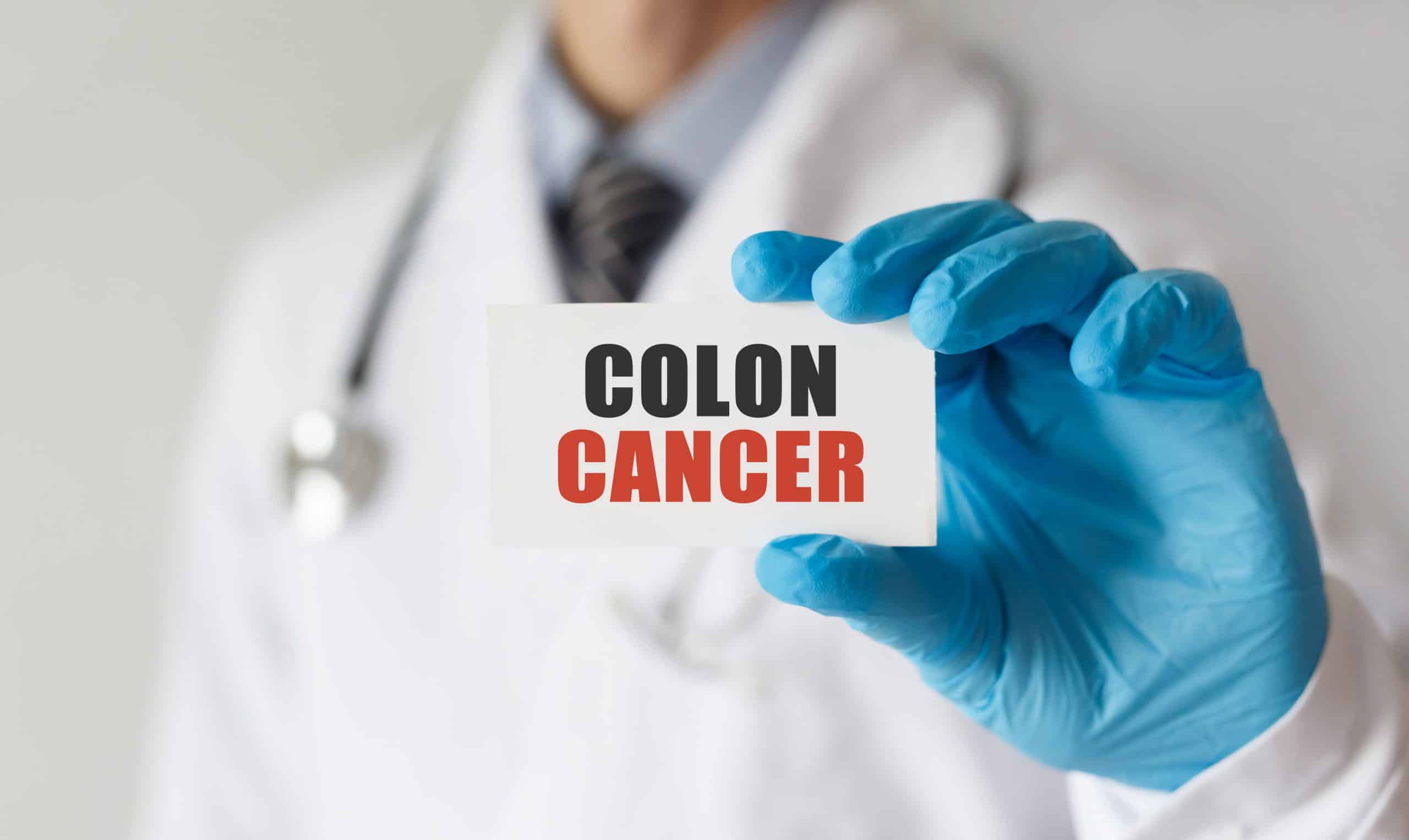Early detection of Colorectal Cancer is critical for better outcomes, and attaining that early detection starts with following routine screening guidelines and understanding your family history.
Medical History and Physical Examination
Risk factors that may apply to you, such as family history, will be discussed with your practitioner. Any symptoms you may be having will also be discussed with the practitioner.
Your healthcare professional will inspect your abdomen for any lumps or enlarged organs. Your healthcare professional may do a digital rectal exam, which involves inserting a greased, gloved finger into the rectum to look for abnormalities.
Tests and Labs
Your healthcare practitioner may prescribe diagnostic tests after a medical history and physical examination, especially if your symptoms and exam findings indicate that you may have a medical condition.
- Complete blood count (CBC): This test can tell you whether you have anemia due to tumor hemorrhage.
- Liver function tests (LFTs): Your doctor may order these examinations to see how stable your liver is since colorectal cancer can travel to the liver.
- Tumor markers: Colon cancer cells can create compounds called “tumor markers” that blood tests in some situations can discover. This sort of testing might help track the course of Colorectal Cancer and its treatment.
Also read, Most Common Reasons for Why People Visit An Emergency Room
Colonoscopy for diagnostic purposes
Your healthcare practitioner will offer additional testing if your physical exam and blood tests reveal indicators of Colorectal Cancer. The most reliable test for identifying colon cancer is a diagnostic colonoscopy. Following the screening, a colonoscopy is performed.
A gastroenterologist (a doctor specializing in digestive illnesses) inserts a colonoscope (a flexible tube) into your anus during a colonoscopy. If you’re worried about how awful it must be, be assured: you’ll be sedated during the process.
Biopsy
Other lab tests, such as those that check for gene alterations in cancer cells, may be done on the biopsied sample if cancer is discovered. Oncologists (cancer physicians) can use the results of these tests to evaluate which therapies are most effective.
Imaging
After a colon cancer diagnosis has been made, imaging tests are used to assess the cancer stage or the extent to which the illness has spread. A treatment strategy can be created when cancer has been staged.
Different stages of colorectal cancer:
-
0th stage
Cancer in stage 0 has not progressed beyond the mucosa.
-
1st stage
Cancer has grown through the colon’s outermost layer but not into neighboring tissues or organs.
Cancer has spread from the mucosa to the submucosa and potentially into the muscular propia.
-
2nd stage:
Cancer has spread to four to six neighboring lymph nodes after growing into the colon’s muscularis propia, or outermost layer.
Cancer has spread to four to six surrounding lymph nodes after increasing through the colon’s wall.
-
3rd stage:
Cancer has progressed to at least one adjacent lymph node or into fat-rich areas around the lymph node, is related to or has expanded into adjoining target organs, and has grown through the colon wall.
-
4th Stage
Stage 4 colon cancer can be described in various ways, much like stage 2 and 3 cancers.
Dealing with a stage 4 cancer diagnosis may be a physically and psychologically draining experience. Although stage 4 colon cancer is not curable for most patients, therapeutic options are generally available.
Rate of Survival for Colorectal Cancer
In essence, healthcare practitioners utilize survival rates to explain a patient’s prognosis, which is the predicted course of the condition. When colon cancer is detected early before it has progressed outside the colon, the prognosis is quite excellent, and in some cases, a complete cure is possible.
Bottom Line:
Other factors that influence survival include how cancer reacts to therapy and the genetics of Colorectal Cancer cells.
In addition, health specialists collect data on persons treated for Colorectal Cancer for at least five years to calculate five-year survival rates. Treatments for colon cancer have evolved and are continuing to advance rapidly, improving results.
Also, remember that survival statistics might include persons diagnosed with colon cancer but who died of causes unrelated to the disease.
As a result, the five-year survival rates will most likely appear lower than your real five-year survival rate. Make sure to tell your healthcare professional what you’ve learned about five-year survival rates.






